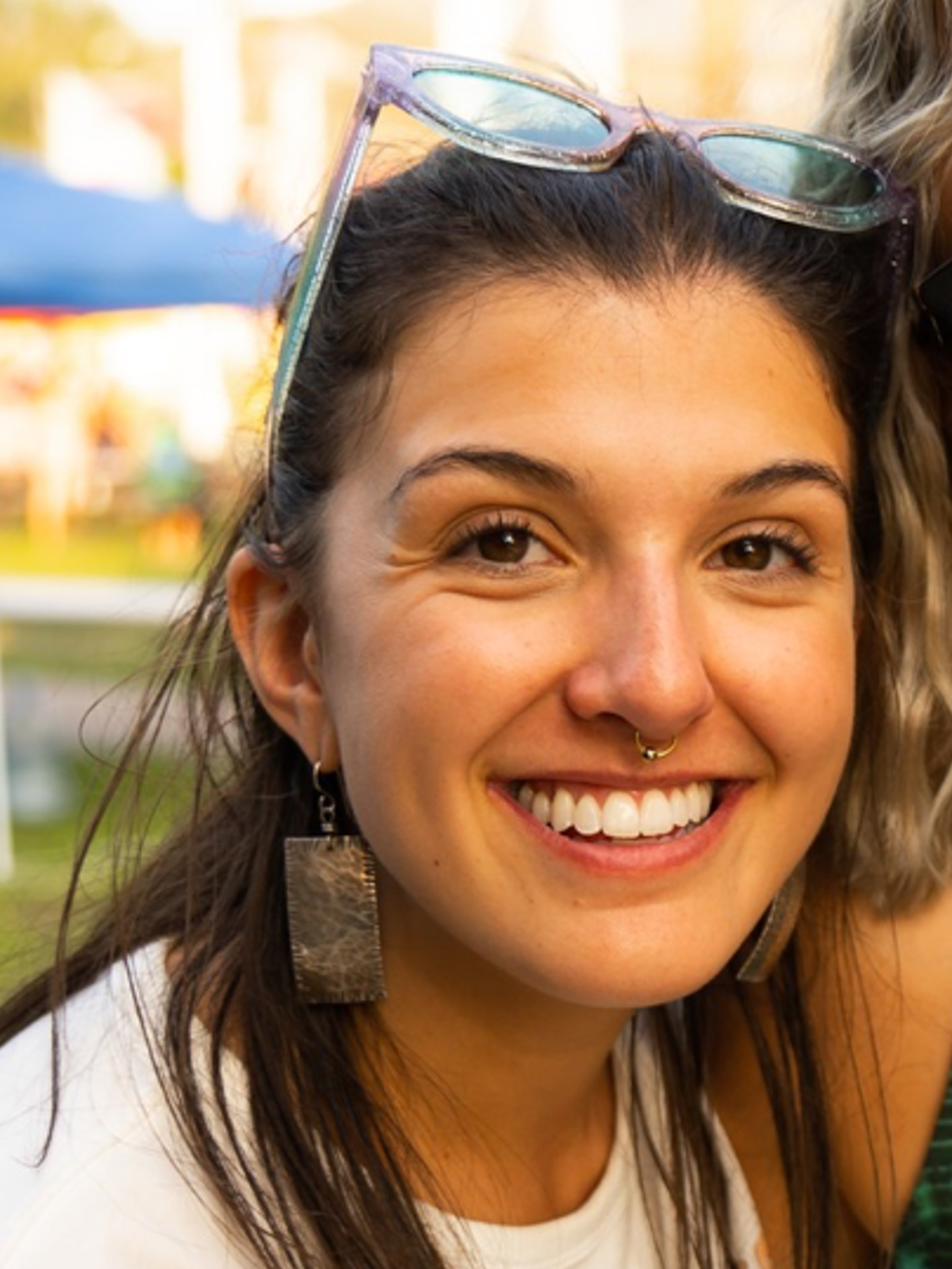Chloe Korade's unique journey in speech-language pathology
Jon Pullin - 16 May 2024
 Chloe Korade’s path into speech-language pathology is not a conventional one.
Chloe Korade’s path into speech-language pathology is not a conventional one.
A bilingual French speaker with an Indigenous background, Korade sought to blend a passion for research with her desire to make a tangible difference in the lives of others.
While completing her undergraduate degree in her hometown of Winnipeg, Korade helped perform research at a psycholinguistics lab on campus. She also assisted with therapy groups and one-on-one treatment sessions at a private speech therapy clinic.
“Through these volunteer experiences, I became passionate about speech therapy and language-development research,” recalls Korade. “I decided to do both: I applied to the speech-language pathology MSc program and combined that with pursuing research in a PhD program.”
Her bilingual background played a part in her research focus: understanding language learning in bilingual children and children with language difficulties. “As I became more interested in research, a lot of it had to do with bilingualism and understanding how our brains develop,” explains Korade. “Now, I study alternative language-learning assessments for children whose first language isn’t English.”
“The language assessments in use now can be culture- and language-dependent,” says Korade. “Children who don’t have English as their first language can often be misdiagnosed as having a language disorder when the issue is they’ve had less exposure to English. I study alternative assessments that are less tied to a child’s experience with English and whether these assessments can more accurately gauge a child’s true language learning abilities.”
Korade says her Indigenous background is also a factor, making her more aware of her research methodology and how she considers her own biases. “It motivates me to be community-inclusive in my research, and more mindful as a clinician of the different biases that influence how we understand language learning in children from different backgrounds.”
Having graduated from the MSc portion of the program, Korade is now working part-time as a clinician while continuing to gather data for her dissertation.
Despite the program's intensity and taking classes with different cohorts, she found the speech community warm and inclusive and made lasting friendships.
“During my time in the SLP master’s program, we had a dedicated snack room and snack committee where we’d all hang out, chat and eat snacks. We all took breaks there together and those were some of my favourite memories,” she says.
After completing her PhD, she plans to continue her research as a postdoctoral fellow here at the U of A.
“I love Edmonton,” says Korade. “One of my motivations for being in the combined program was the comfort of knowing I would be staying here. It’s a beautiful city, with wonderful communities.”
What would she say to students thinking of applying to the speech-language pathology program?
“It’s a big commitment, but it’s rewarding. Think about where your passions are. Talk to people in the speech department. Learn as much as you can about the program and profession, so that when you make a decision, it’s informed.”